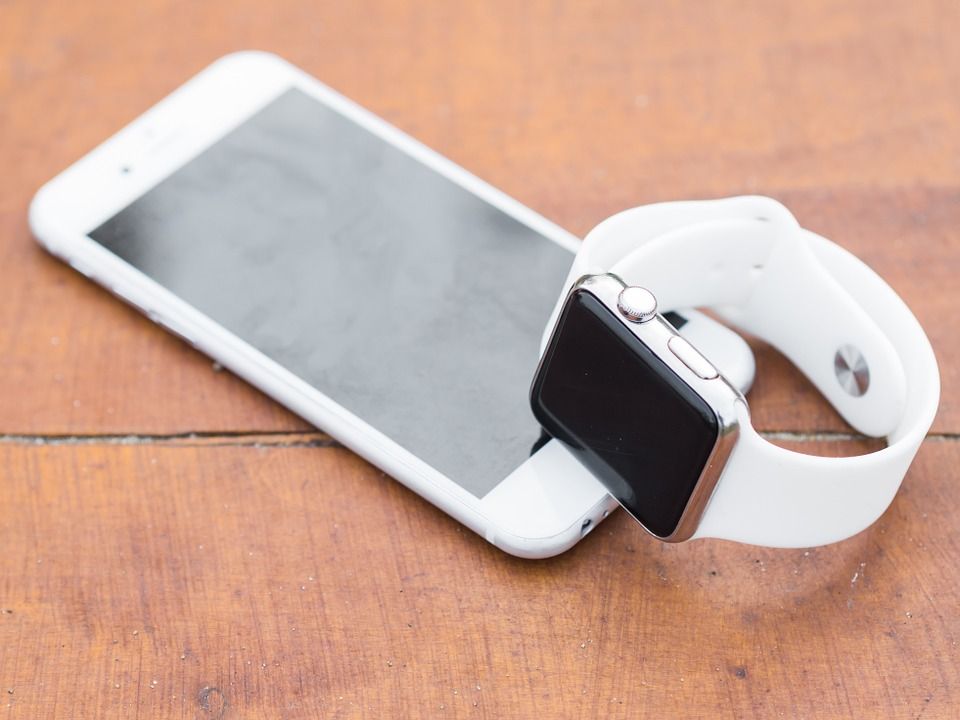Why the FDA is Making It Easier for Tech Heavyweights to Get Approvals
Companies like Apple, Fitbit, and Johnson & Johnson are among those in a new pre-certification pilot program.

What would happen if a tech company’s reputation and proven knowhow could speed up how quickly it gains approvals for new healthcare software?
Prepare to find out.
The US Food and Drug Administration announced today the participants of its new pre-certification pilot program, which officials hope will boost innovation in the increasingly converging world of healthcare and technology. The star-studded lineup consists of legacy organizations and promising upstarts—including Apple, Fitbit, and Johnson & Johnson, for starters.
“Our method for regulating digital health products must recognize the unique and iterative characteristics of these products,” FDA Commissioner Scott Gottlieb said today in a speech at the AdvaMed MedTech Conference in California. “These pilot participants will help the agency shape a better and more agile approach toward digital health technology that focuses on the software developer rather than an individual product.”
One of the key goals of this program is to allow health-centric software, which powers apps and wearables, to go live “in a timely fashion,” according to the FDA. If all goes as planned, the effort will ultimately get beneficial tools in the hands of healthcare professionals and patients without much red tape.
More than 100 companies applied for the pilot program after it went live in July, according to the FDA. But the regulatory agency chose just nine, a group with “different perspectives and unique approaches” to digital healthcare.
On top of Apple, Fitbit, and Johnson & Johnson, that list includes Pear Therapeutics, Phosphorus, Roche, Samsung, Tidepool and Verily.
“The diversity of the Pre-cert pilot program participants means that we will receive a variety of input on how the industry defines organizational excellence and other key performance indicators,” said Bakul Patel, associate director for digital health at the FDA’s Center for Devices and Radiological Health.
The FDA will use feedback from those companies to shape how it regulates digital health in the future.
For now, the pilot program exists as a sort of tradeoff. In exchange for providing information on how they develop, assess and maintain their software, the participating companies get to provide less information than usual before selling a new digital health product, according to the FDA.
What’s more, the companies also agreed to dole out information on their quality management systems and to welcome the FDA for site visits.
As time goes on, the agency plans to provide updates on the pilot program online and in meetings. It’s also slated to gather feedback from others in the industry, stakeholder groups and the public.
If the pilot goes well, the FDA intends to pre-certify other digital health companies whose software design, validation and maintenance practices meet certain standards, according to the agency. Now, officials said, is the time to define those metrics and performance indicators, to ensure that each coming applicant will be properly vetted and each approval safe.
Children’s hospitals face complex challenges dealing with disasters
April 18th 2025Pediatric hospitals deal with different factors in weather-related events and other emergencies. Terri Wilson of the Children’s Hospital Association talks about the challenges and the need for more planning and support.
Telehealth faces a looming deadline in Washington | Healthy Bottom Line podcast
February 12th 2025Once again, the clock is ticking on waivers for telemedicine and hospital-at-home programs. Kyle Zebley of the American Telemedicine Association talks about the push on Congress and the White House.